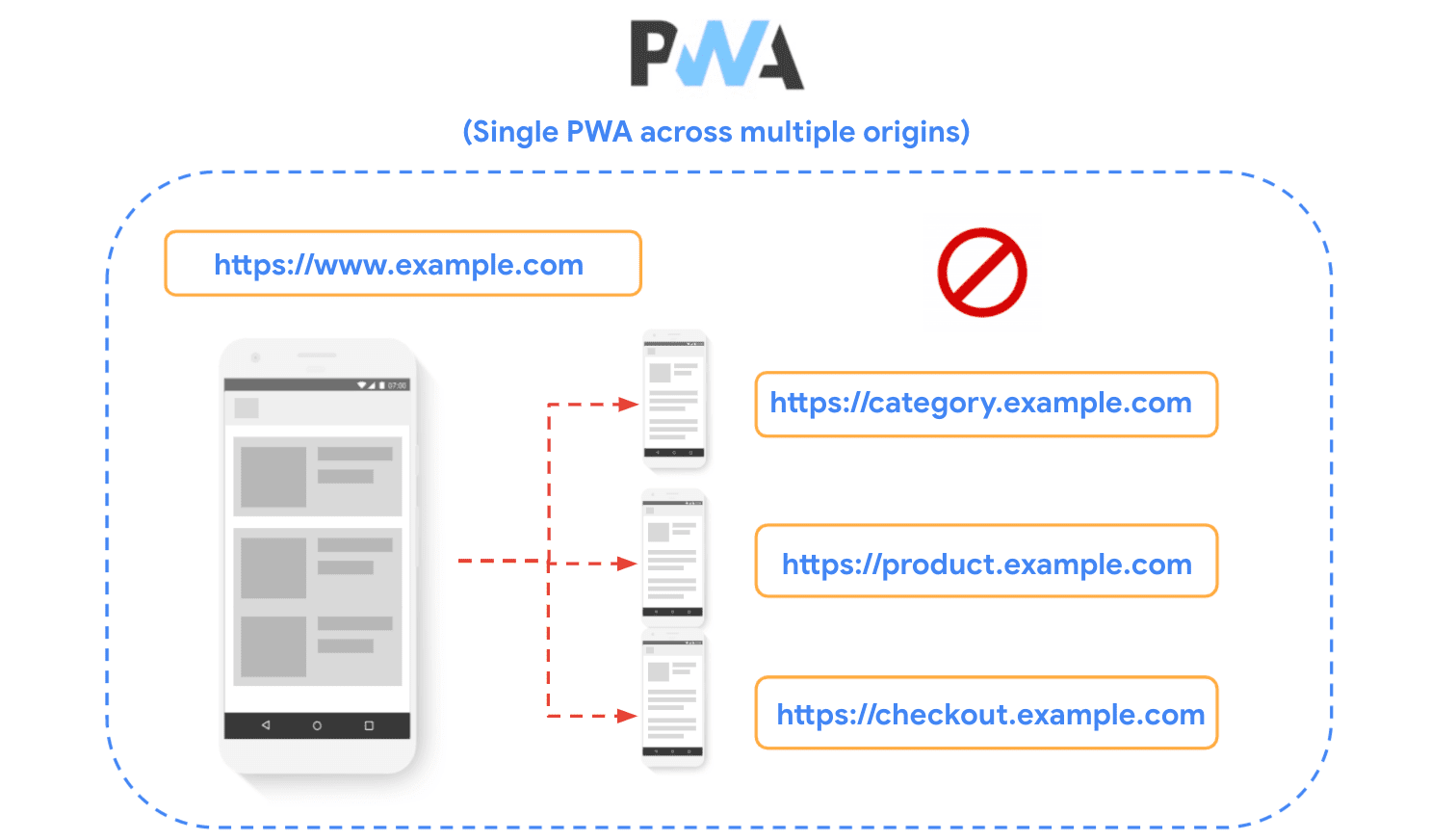Insightful Chronicles
Exploring the world through news and stories.
Why Progressive Web Apps are the Secret Sauce for Modern Websites
Unlock the secret to engaging websites! Discover why Progressive Web Apps are essential for modern online success.
Understanding the Benefits of Progressive Web Apps for User Engagement
Progressive Web Apps (PWAs) offer a transformative approach to enhancing user engagement on websites. With features like offline access, push notifications, and fast loading times, PWAs combine the best of web and mobile applications, allowing users to interact seamlessly with content regardless of their internet connection. According to Google Developers, PWAs increase engagement by providing a more reliable experience, leading to higher user retention and interaction rates.
Furthermore, one of the key advantages of PWAs is their ability to provide a native-app-like experience directly within the user's browser. This not only boosts user engagement but also enhances usability across devices. Implementing responsive design ensures that the app looks and performs well on any screen size. As noted by Forbes, businesses that adopt PWAs tend to see increased customer satisfaction and conversion rates, demonstrating their effectiveness in connecting with users.

How Progressive Web Apps Improve Performance and Accessibility
Progressive Web Apps (PWAs) significantly enhance performance through various innovative techniques. They utilize service workers to cache resources, enabling faster load times and offline capabilities. By allowing users to access a web application even without an internet connection, PWAs improve user experience and reduce bounce rates. Additionally, techniques such as lazy loading images and content mean that users only download what they need when they need it. This not only speeds up initial loading times but also minimizes data usage, making PWAs particularly valuable for mobile users with limited data plans. For further reading on how PWAs enhance performance, refer to this source.
Accessibility is another core advantage of Progressive Web Apps. By following best practices in web design and development, PWAs ensure that their interfaces are usable by individuals with varying abilities. Features such as responsive design, keyboard navigability, and compatibility with screen readers greatly improve usability for all users, including those with disabilities. PWAs also comply with accessibility standards like the WCAG (Web Content Accessibility Guidelines), creating a more inclusive web environment. For more insights into the accessibility benefits of PWAs, check out this resource.
Are Progressive Web Apps the Future of Web Development?
Progressive Web Apps (PWAs) are rapidly gaining traction as a formidable alternative to traditional web and mobile applications. They combine the best aspects of both platforms, offering features such as offline access, push notifications, and fast load times. This makes them highly appealing not only to developers but also to users seeking a seamless online experience. According to a report by Google, PWAs can significantly increase engagement and conversion rates, leading many businesses to reconsider their web strategies.
As we move towards a more mobile-centric world, the importance of PWAs cannot be overstated. They are built using standard web technologies, making them more accessible and easier to maintain than their native counterparts. Furthermore, as Smashing Magazine notes, the adaptability of PWAs across devices is a game-changer in the web development landscape. With their potential to improve user experience and boost SEO rankings, it's clear that Progressive Web Apps are well-positioned to shape the future of web development.